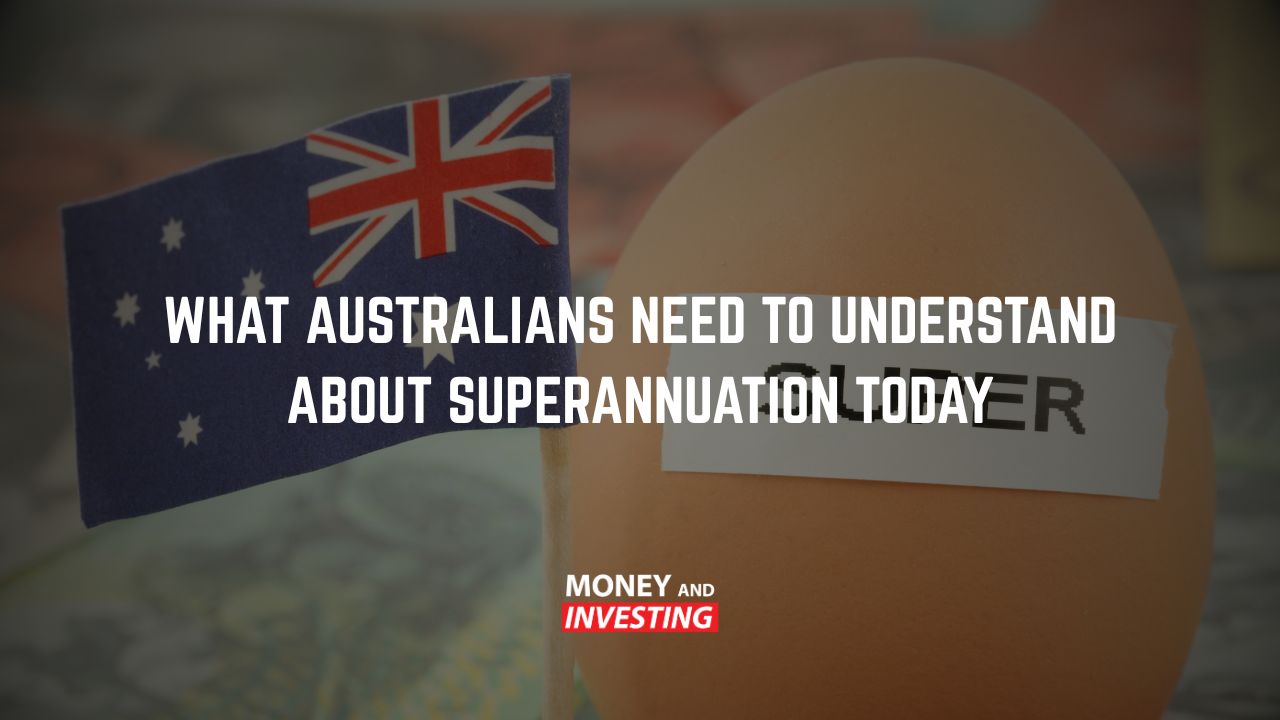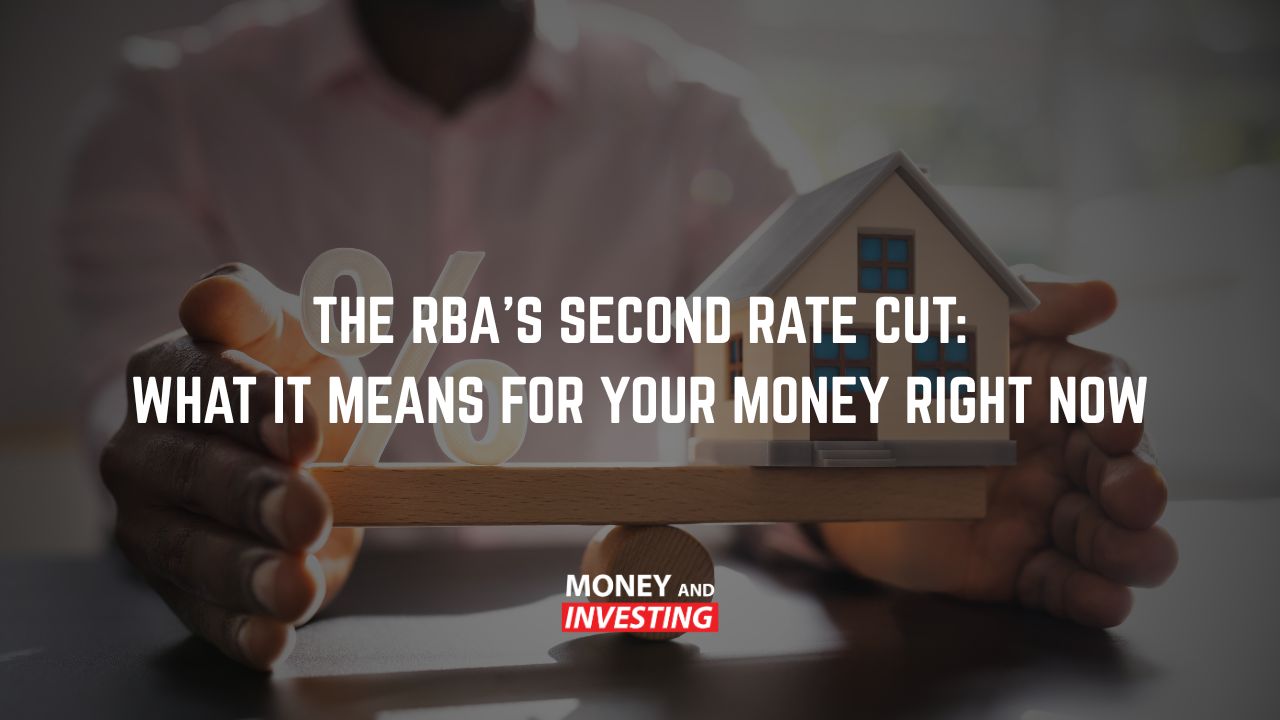Becoming financially literate does not happen overnight. Many people struggle with their mindset around money and without getting started you may never instill good habits. Join us this week as we dive into the ways to build your money values:
Andrew’s Background
Our upbringing can have a major input into how we turn out as adults and values around money is no different. Host Andrew Baxter grew up in a working class family and attributes a lot of how he looks at money now to what he was taught growing up. Andrew’s father was frugal so growing up in an environment where one’s family is frugal, it is more likely that you will also be frugal in the future. The importance of not wasting money was always central to Andrew’s childhood and that is a lesson that would benefit everyone because as the saying goes – a penny saved is a penny earned. Some people have habits which lead them to spending most if not all of what they are earning and while this may have its perks at the time, over the long term it is only going to put you further behind where you want to be.
What Do You Want to Do?
Throughout your life you may want to review the money values you live by instead of continuing to follow them blindly. Over time, your priorities when it comes to money may change and it’s vital that you can adjust your core values around your finances as your goals change. Host Andrew Baxter explains that anything around building wealth takes time and if you are unable to pivot and adjust your priorities early enough, you may find yourself in a position down the track that you do not want to be in. This is why it’s crucial you align your money values with any goals you have for the future – and try to do so as early as possible to make sure you are in a solid position down the track.
Understanding Risk
Everyone wants investments which provide healthy upside but none of the risk that we hear about with most investments. Host Andrew Baxter explains that in reality you can’t get the rainbow without the storm and with every investment, there will always be an element of risk. Typically, someone’s attitude towards risk will change over time and the common trait is that as you grow older, you may find yourself more averse to risk and willing to sacrifice some potential downside in order to mitigate some of the risks with chasing greater profits. Debt in its own right is a form of risk, so those who are further down the track in their lives may wish to be free of debt compared to younger people who are more willing to have debts for growing their wealth. Being single or in a relationship can also affect your attitude to risk as this blends the risk appetites of 2 different people. No matter what stage of life you’re in, you need to assess your attitude towards risk and tailor a strategy around your risk appetite.
Building an Investment Plan
Even when you have a good grasp for your attitude towards risk, devising an appropriate investment plan can still be difficult. With a broad array of choices to invest in, how do you narrow your focus. Host Andrew Baxter explains that it’s important to gravitate towards options you have an interest in. Life experiences and exposure to success in different areas can sway people one way or another, but that does not mean you should shut the door totally on anything merely because you find yourself focused on any other given option. One of the most common choices is a focus on property which more recently has become more difficult due to relatively higher interest rates. Rates however, are significantly lower now than they were decades ago but the current landscape makes them seem more difficult to negotiate. Overall, opportunities will appear different in different scenarios, but if you plan around these added difficulties you can still make it work for you.



